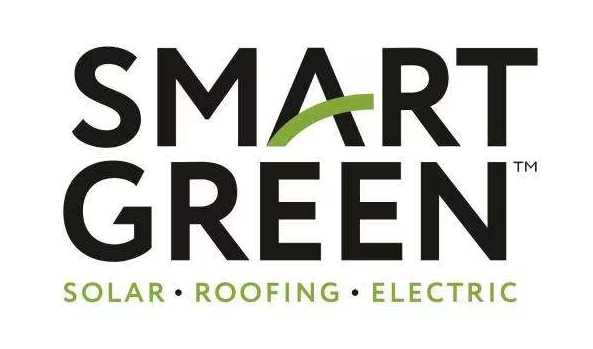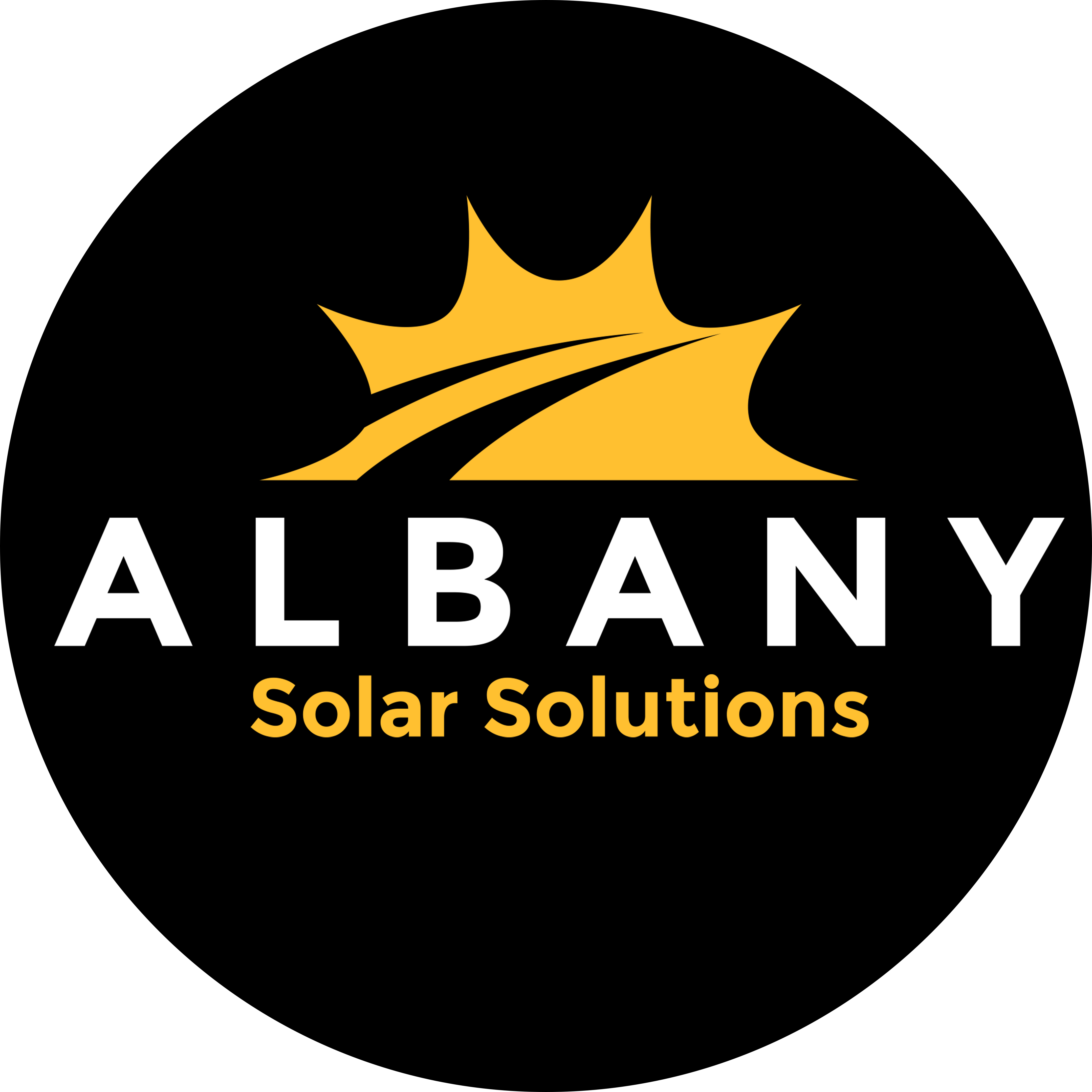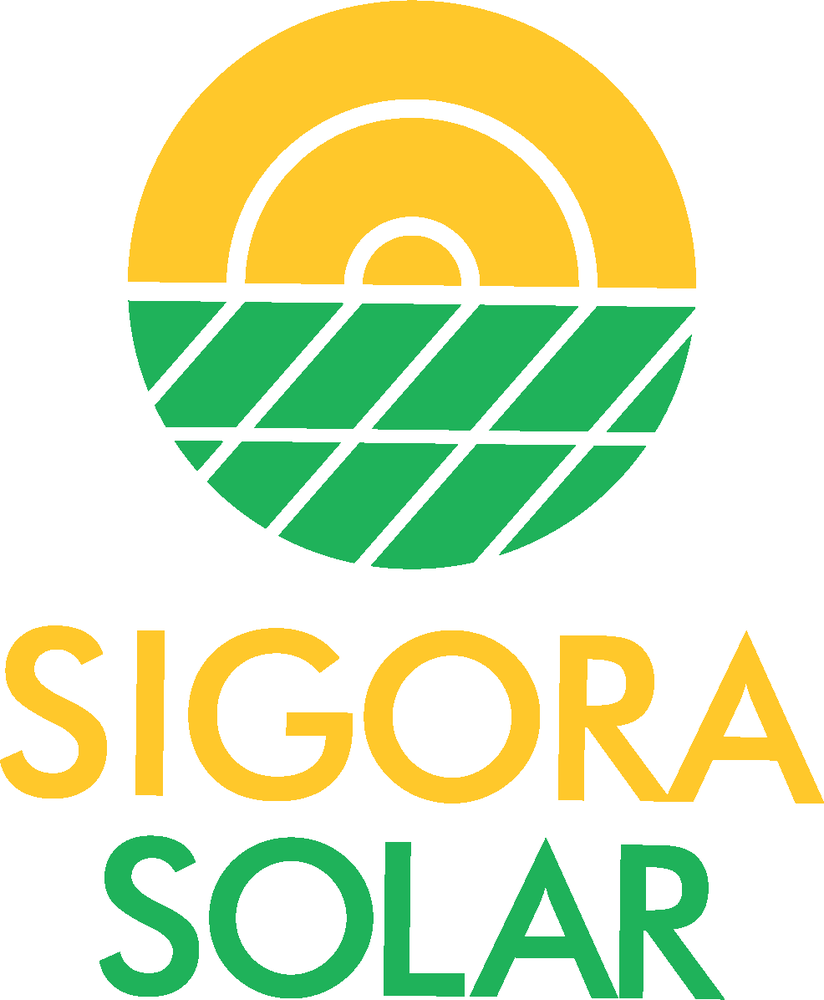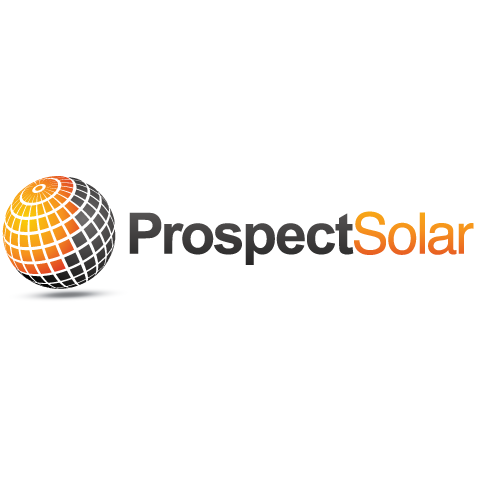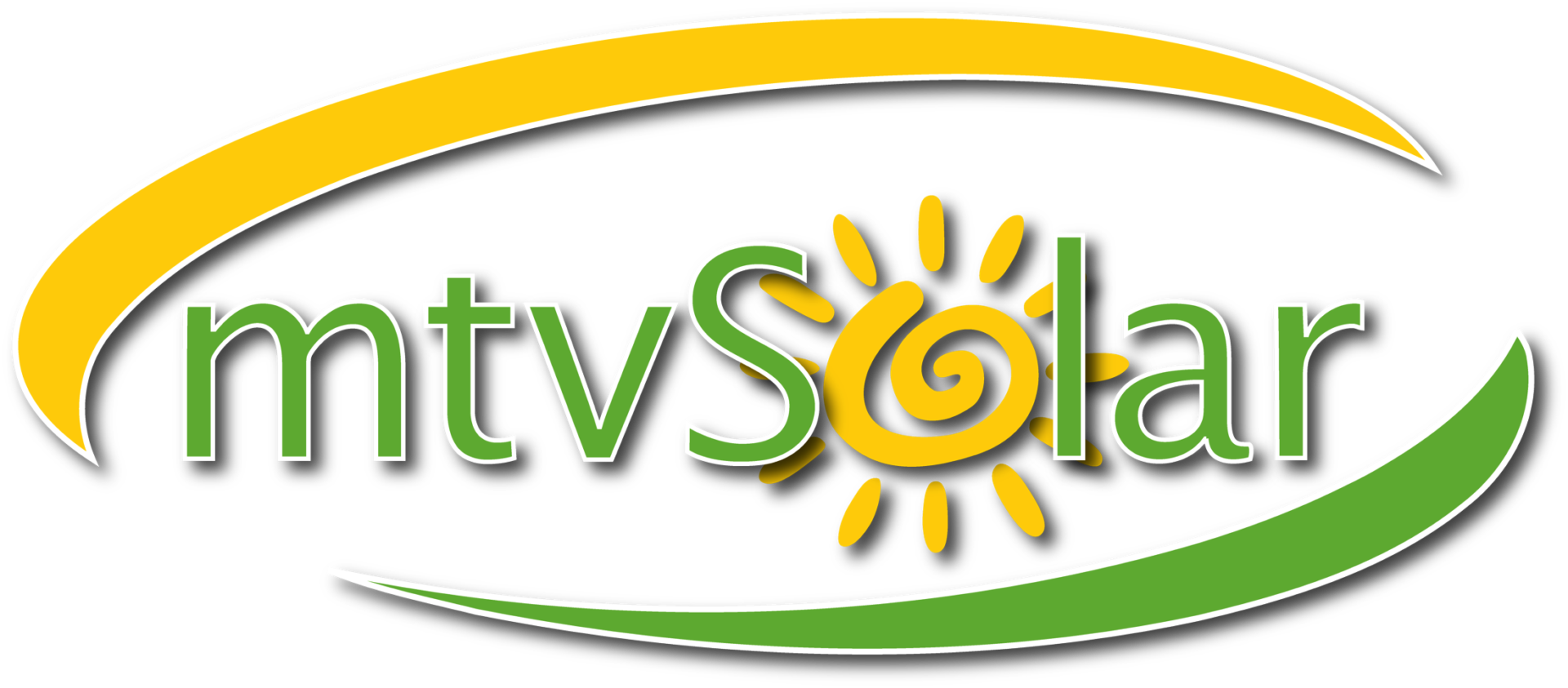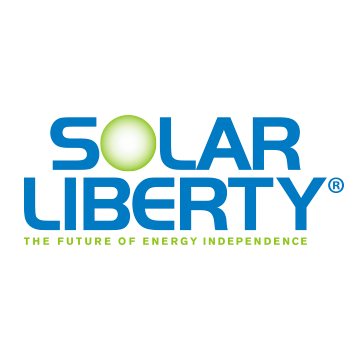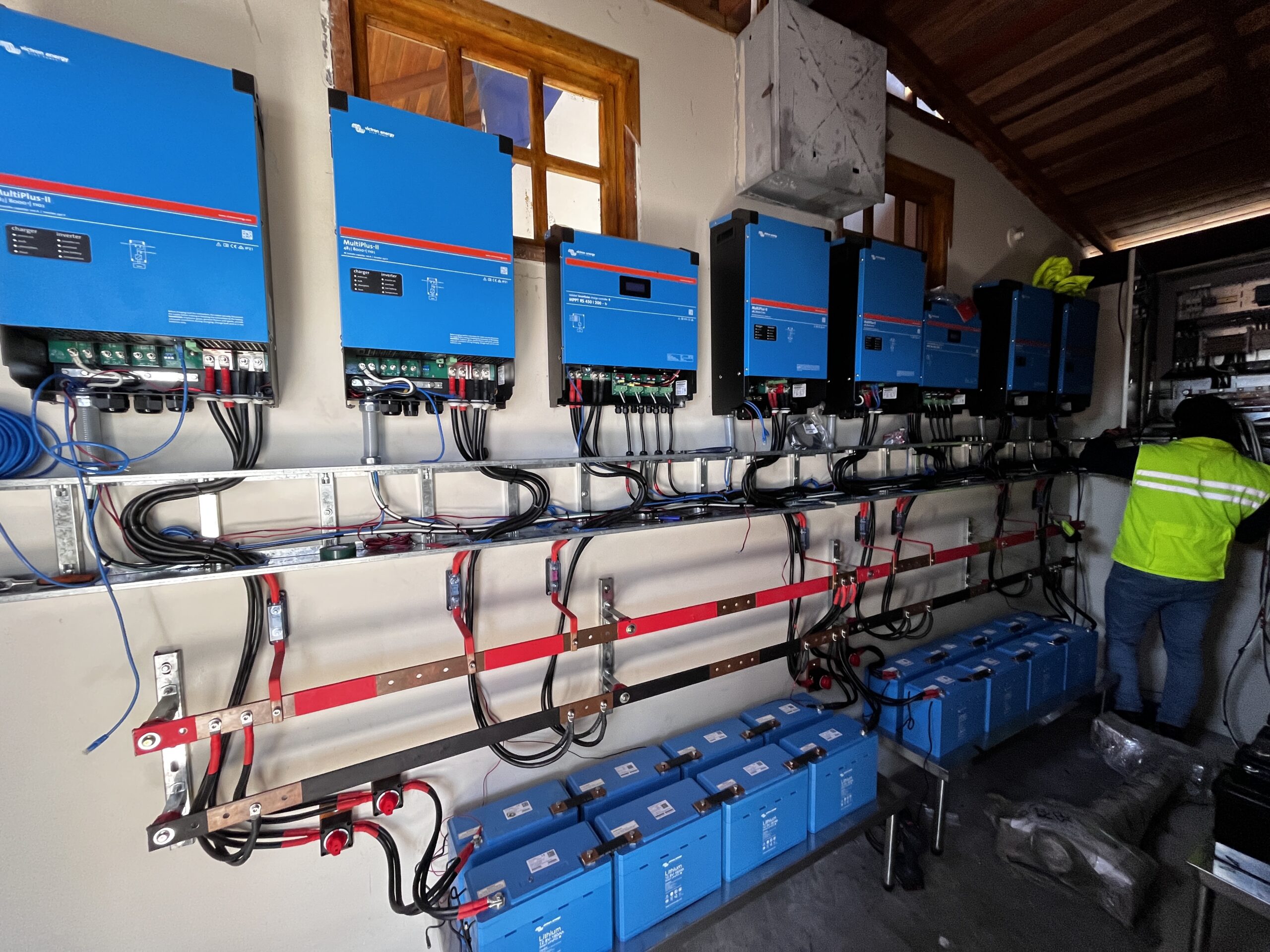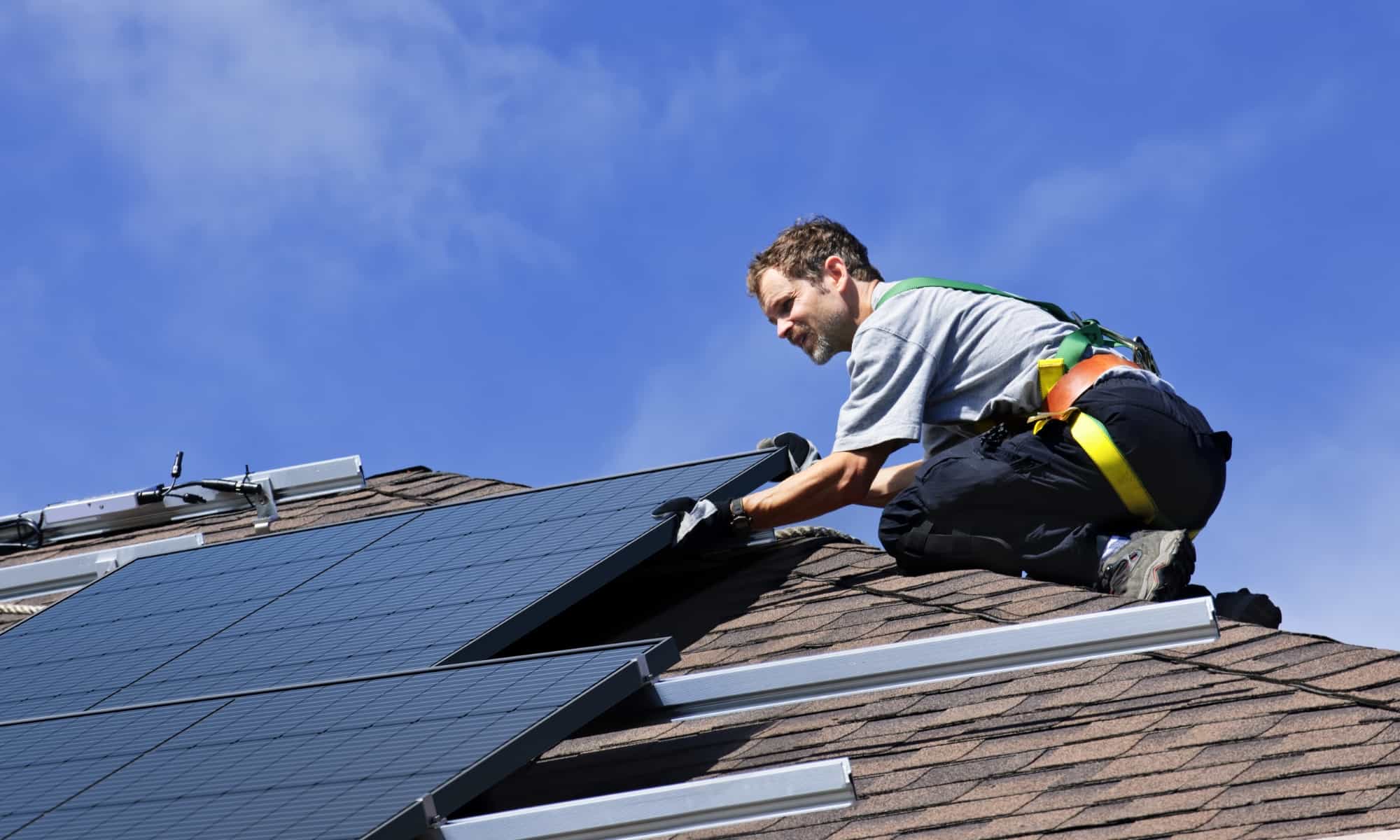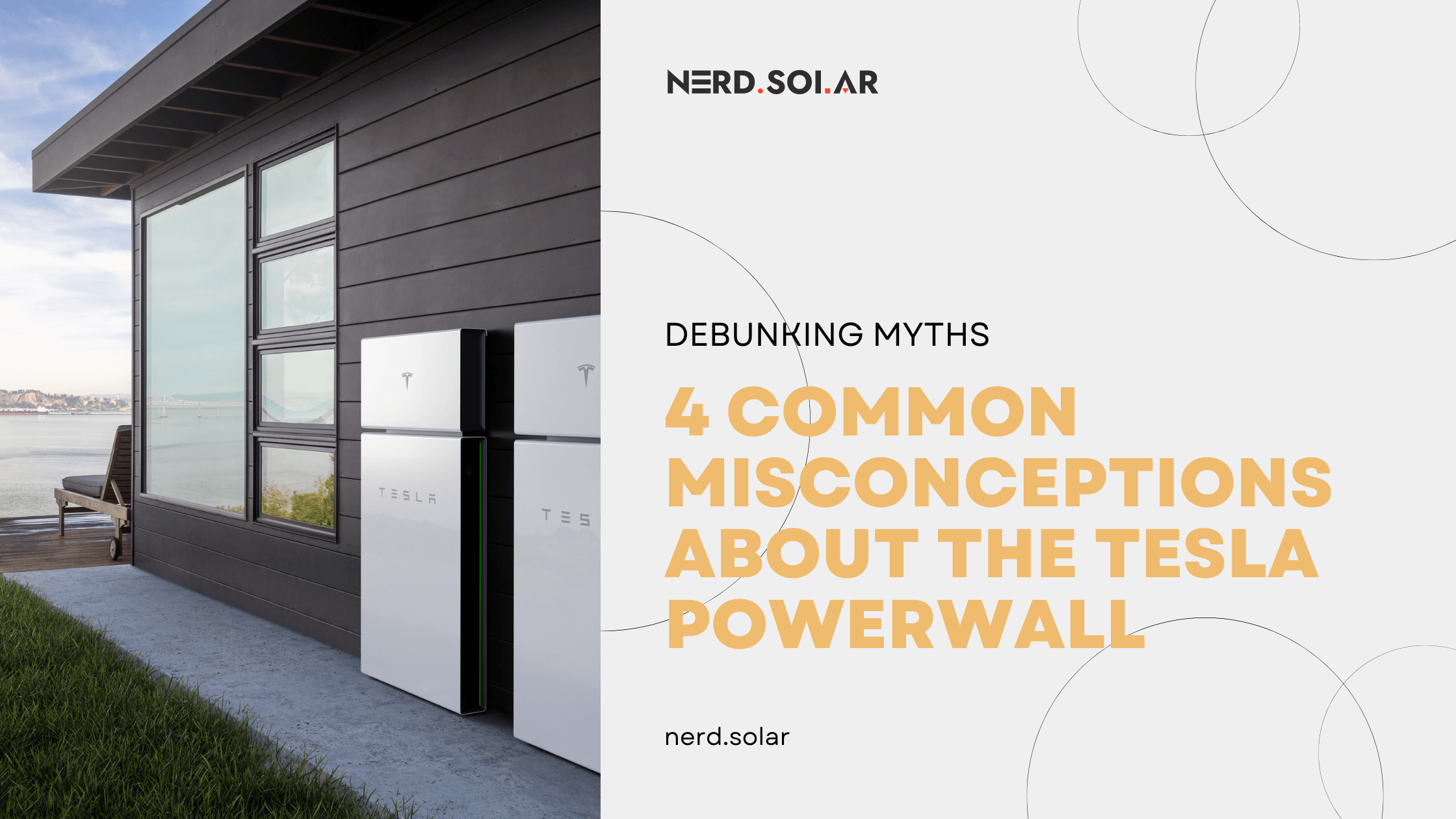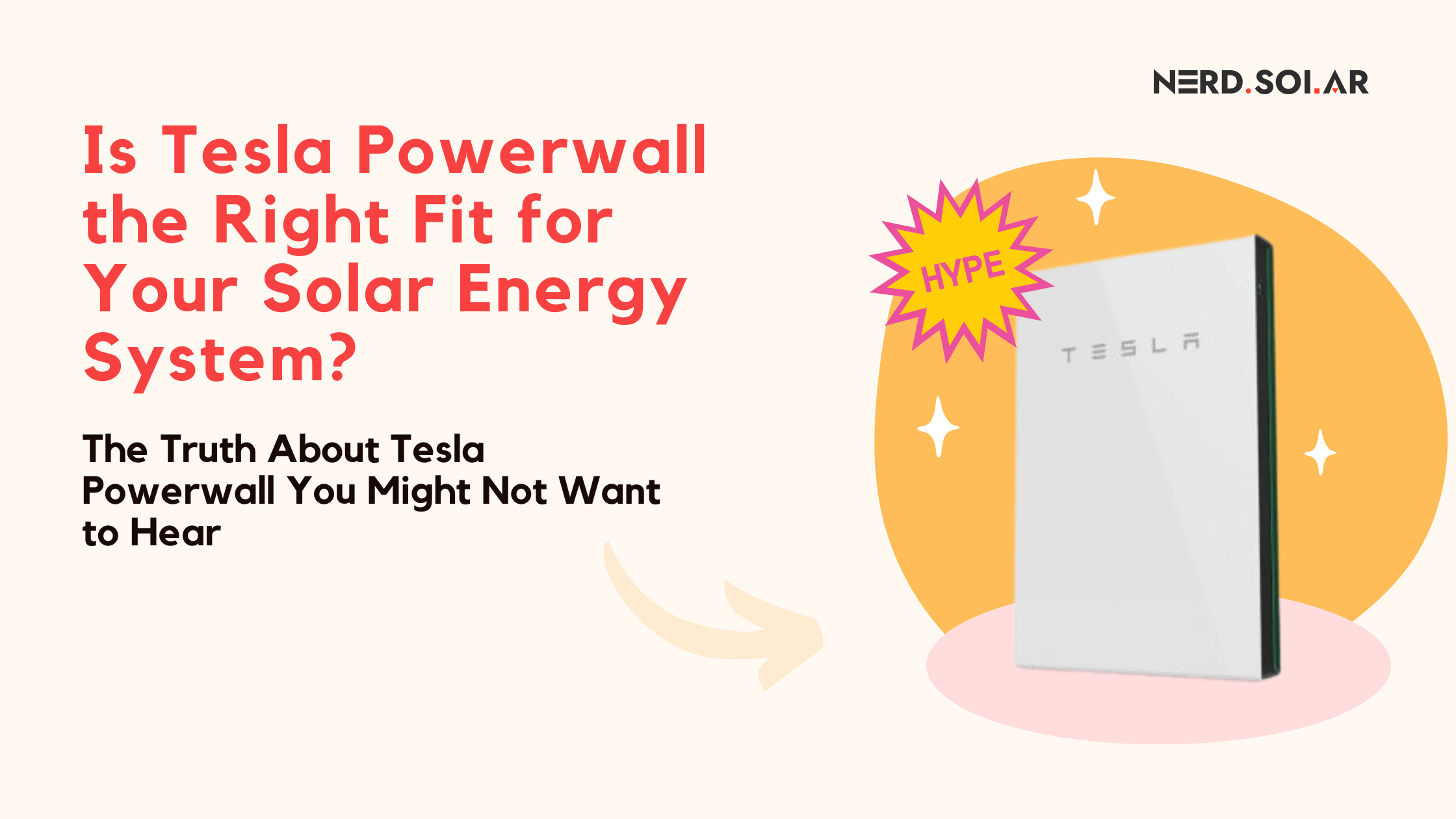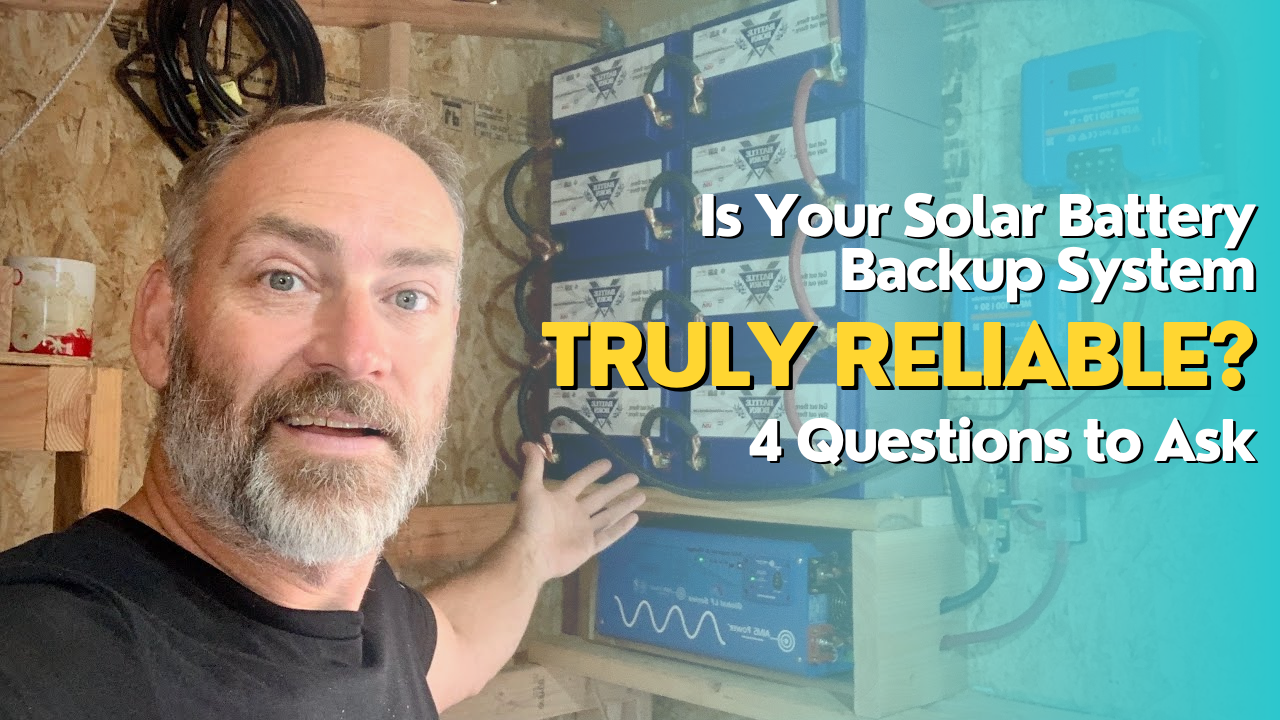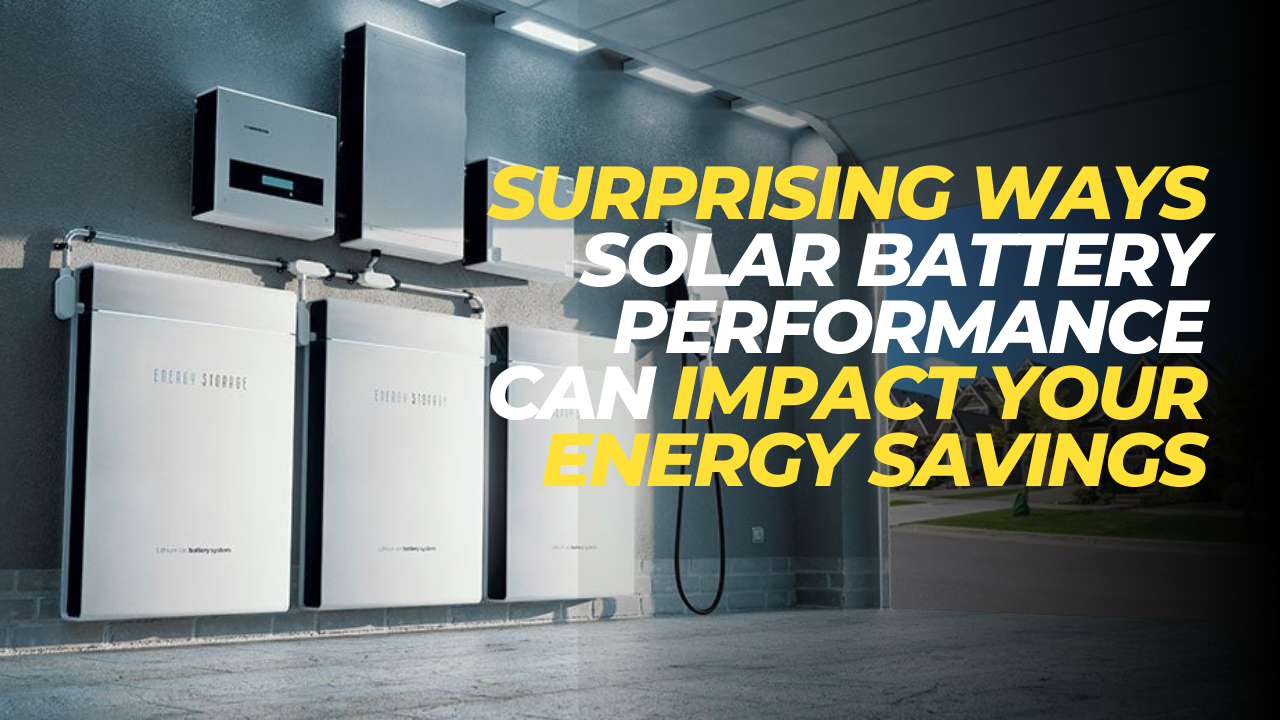How Do We Rate Solar Companies?
TL;DR: We rate solar installers from 1 to 5 stars to help you pick the best one. High stars mean they’re really good at what they do and treat their customers right. Low stars? Not so much. We give credit to companies that have been around for a while, know what they are doing, have a high standard of workmanship and equipment, don’t hire subcontractors to keep the bar of solar installation quality high and have good local reviews from real customers (yes, we check if the reviews are actually real or fake). Companies we choose as top-rated know and can help with federal and local solar incentives to help you save, have good financing plans, and guarantee their work. We’re here to point you to the solar companies that truly rock, making going solar easy and worthwhile for you.
Check our detailed review process here.
Is It Worth Going Solar in Maine?
High Electricity Bills
People in Maine pay a lot for electricity. They pay about 19 cents for each kilowatt hour, which is more than the average of 13 cents in the US.
By putting solar panels on their homes, people can pay less for electricity or even stop paying for it at all. This can save them a lot of money over many years.
Good for Solar
Maine may not be the sunniest state, but it still gets a lot of sunshine. It gets 33% more sun than Germany, which uses a lot of solar power.
Maine is the 2nd best state for putting solar panels on roofs, just after California. New solar panels work really well and can make a lot of electricity, even in Maine’s weather.
Solar Savings
Maine has ways to help people save money on solar:
- The US government lets people take 30% of the cost of solar panels off their taxes until 2032.
- Maine has programs that give money back and let people earn credits for making solar energy.
- People can sell extra solar energy to the power company for credits.
Saving Money
A normal solar system in Maine will pay for itself in 6-7 years. Then, it can make $45,000 in profit over 25-30 years from savings and credits.
After paying for the system, solar gives cheap electricity for a long time.
Other Good Things
Solar power also:
- Lets people make their own energy
- Is better for the environment
- Makes homes worth more money
A new report says that the good things about solar in Maine are better than the costs.
The normal cost to put a solar system on a home in Maine is about $16,909 before savings, or $11,836 after the US government helps pay for it.
While this is a lot of money, the long-term savings, help for the environment, and making your own energy make solar a smart choice for most people in Maine.
The important thing is to check if your home’s roof and sun are good for solar.
How much money can solar save people in Maine?
A normal 5.6 kW solar system in Maine will pay for itself in 6-7 years. Then, it can make $45,000 in profit over 25-30 years from savings and credits.
If you buy a 5 kW solar system with cash, you can save about $25,405 over 20 years on electricity bills in Maine. This is based on real solar quotes.
In general, solar panels are a good idea in Maine. They pay for themselves and then save an average of $48,247 over their lifetime. This is more than the average savings in the US.
There are a few reasons why solar can save so much money in Maine:
- Maine has some of the highest electricity costs in the country. The average is 27.81 cents per kWh, which is almost twice the national average. This means each kWh of solar power saves more money.
- Maine has a good net metering policy. This lets people with solar sell extra electricity back to the power company at the same price they would pay for it.
- The US government will pay for 30% of the cost of solar panels. This helps make solar cheaper to install in Maine.
So, while solar panels can cost a lot at first (an average of $21,840 before savings for a 6 kW system), the high electricity costs, net metering, and the government paying for 30% help solar save a lot of money in the long run.
Most people in Maine can save $45,000-$48,000 on average over the life of their solar panels. The systems usually pay for themselves in less than 7 years.
What is the average cost of going solar in Maine?
he average cost of going solar in Maine is around $3.38 to $3.64 per watt as of July 2024, before incentives. This translates to the following average costs by system size, before and after the 30% federal tax credit:
| System Size | Average Cost (Before Tax Credit) | Average Cost (After 30% Tax Credit) |
|---|---|---|
| 3 kW | $10,145 – $10,920 | $7,102 – $7,644 |
| 4 kW | $13,527 – $14,560 | $9,469 – $10,192 |
| 5 kW | $16,909 – $18,200 | $11,836 – $12,740 |
| 6 kW | $20,291 – $21,840 | $14,204 – $15,288 |
| 7 kW | $23,673 – $25,480 | $16,571 – $17,836 |
| 8 kW | $27,054 – $29,120 | $18,938 – $20,384 |
| 9 kW | $30,436 | $21,305 |
| 10 kW | $33,818 – $35,387 | $23,673 – $24,771 |
So for the most common 6 kW system size in Maine, homeowners can expect to pay around $21,840 on average before the federal tax credit, or $15,288 after the 30% tax credit is applied.
While these upfront costs are significant, Maine’s high electricity rates mean that solar provides substantial long-term savings. The average 6 kW system in Maine will pay for itself in 6-8 years and then generate $45,000 to $48,000 in electricity savings over its 25-30 year lifespan. So despite the upfront investment, going solar is a smart financial decision for most Maine homeowners.
Maine Solar Incentives and Rebate Programs
Maine has many ways to help people save money when they switch to solar energy. Here are the most important ones:
Net Energy Billing
Maine’s net energy billing policy, also called net metering, lets people with solar panels get credits for extra electricity their panels make and send back to the power grid. These credits can be used to pay for electricity later, which means lower energy bills.
The credit rate is different for each power company, but it’s approved every year by the Public Utilities Commission.
Federal Solar Tax Credit
The federal solar tax credit, known as the Residential Clean Energy Credit, lets people who own solar panels take 30% of the cost of installing the solar system off their federal taxes.
This is one of the biggest ways to save money, and it can save the average Maine homeowner over $6,500.
Property Tax Exemption
Maine has a property tax exemption for solar energy systems. This means that the value added by solar panels will not make property taxes go up for homeowners.
Sales Tax Exemption
In Maine, solar energy systems are exempt from sales tax, which makes it cheaper to install solar panels.
Utility Rebates
Some power companies in Maine offer rebates for solar installations:
- Central Maine Power: $0.50/watt for homes, $0.25/watt for businesses
- Versant Power: $0.50/watt for homes, $0.25/watt for businesses
Efficiency Maine Rebates
Efficiency Maine offers rebates for renewable energy heating systems like solar hot water, heat pumps, and biomass boilers.
When you put together net metering, the federal tax credit, property tax exemption, and utility rebates, going solar becomes a very good investment for homeowners in Maine.
These incentives make solar cost less to install and provide ongoing savings through lower electricity bills. The net metering policy is especially helpful because it lets solar owners get the most value out of the solar energy they produce.
Net Metering in Maine
Maine has a net metering program known as Net Energy Billing (NEB). Here are the key policies and details of Maine’s NEB program:
Two NEB Programs
Maine offers two NEB programs for different types of customers:
- kWh Credit Program: Available to all electric utility customers. Participants receive a kWh credit for excess solar generation sent to the grid, which can offset future electricity usage on a 1:1 basis. Unused credits expire after 12 months.
- Tariff Rate Program: Available to non-residential customers. Participants receive dollar credits at a rate set annually by the Maine Public Utilities Commission (PUC). Credits cannot reduce the bill below $0 and expire after 12 months.
Project Eligibility
To qualify for NEB, solar projects must meet certain criteria:
- Projects between 1-2 MW must reach commercial operation by December 31, 2024 and by the date specified in their NEB agreement.
- After December 31, 2023, projects under 5 MW can only participate if they are collocated with customers who subscribe to 100% of the output.
Community Solar
NEB allows for community solar arrangements where participants can join a shared solar array located elsewhere in their utility’s service territory. Community solar developers must provide cost/benefit information to prospective customers.
Tariff Rates
The PUC sets the tariff rates for the NEB programs annually. For example, in 2024 the rates range from $0.127/kWh to $0.258/kWh depending on the utility and customer class.
Recent Changes
In July 2023, Maine passed a law to limit NEB participation to mitigate the impact of higher-than-expected NEB costs on ratepayers. The law restricts 1-2 MW projects and implements new rules for projects under 5 MW.
Maine’s NEB program provides credits for excess solar generation, with two different programs based on customer type. While the program has boosted solar adoption, recent changes aim to balance NEB’s impact on electricity rates. The policies allow solar customers to offset their electricity bills while supporting local renewable energy.
Are there community solar programs in Maine?
Yes, there are several community solar programs available in Maine. Here’s an overview of community solar in Maine:
Net Energy Billing (NEB) Program
Maine’s Net Energy Billing (NEB) program, established in 2019, is designed to promote the expansion of community solar. There are two NEB programs:
- kWh Credit Program: Available to all utility customers. Participants receive kWh credits on their electricity bills for their share of a community solar project’s output.
- Tariff Rate Program: Available to non-residential customers. Participants receive dollar credits on their bills at a rate set annually by the Maine Public Utilities Commission.
How Community Solar Works in Maine
- Customers subscribe to a portion of a local community solar farm and earn credits for the electricity it generates.
- The solar farm feeds the generated electricity to the utility grid.
- Subscribers receive kWh credits on their utility bills, proportional to their share in the project, which offset their electricity costs.
- Subscribers receive a separate bill from the community solar provider for the credits, usually at a 10-15% discount compared to utility rates.
Benefits of Community Solar in Maine
- Savings of 10-15% on annual electricity costs
- Supporting local renewable energy development
- No need to own property or install panels to participate
- Flexible subscription options with many providers
Several companies offer community solar subscriptions in Maine, including Maine Community Solar, Common Energy, ReVision Energy, and others. The programs are designed to make solar accessible to renters, homeowners, businesses, and municipalities who may not be able to install their own solar panels.
Overall, community solar is growing in Maine thanks to the NEB program and offers a simple way for Maine residents and businesses to save money while supporting local renewable energy.
